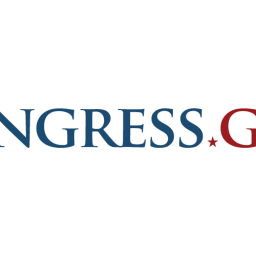WASHINGTON – The U.S. Treasury Department will investigate the risks posed by China’s money laundering and develop a strategy to defend against them, according to language in the National Defense Authorization Act of 2021 requiring specific inquiry into what experts have long called a serious threat.
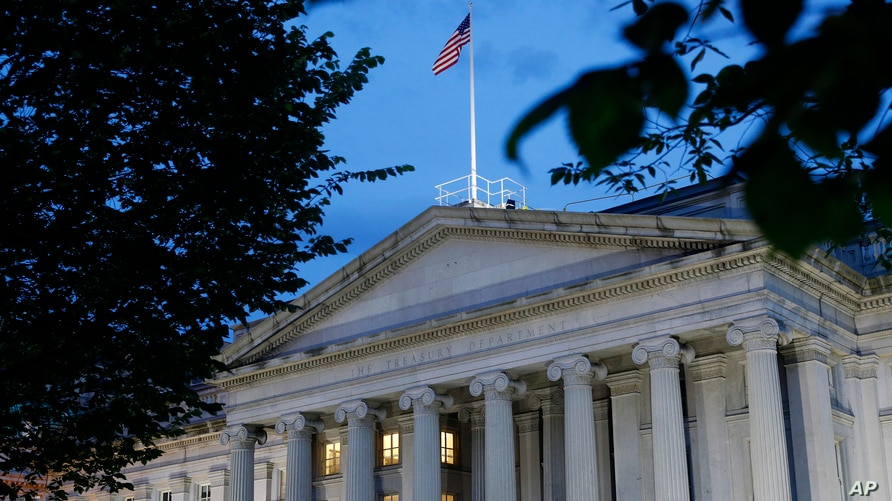
Targeting China underscores U.S. congressional lawmakers’ concerns over the lack of transparency in China’s financial regulatory system and “who really controls shell companies being used to move billions of dollars through and within its borders,” wrote Nate Sibley, a research fellow at the Hudson Institute,in an article on the think tank’s website.
“A dedicated study and a dedicated strategy for [combating] Chinese money laundering is a major development and indicates that the U.S. government is finally taking this threat seriously,” Sibley told VOA Mandarin. “To date, we have relied on investigative reporting and occasional details in indictments to understand this problem. The contrast with, for example, Russian money laundering, which gets a lot more attention, is remarkable given that [China] represents the foremost illicit finance risk jurisdiction worldwide.”
According to the U.N. Office on Drugs and Crime, money laundering accounts for $2 trillion a year, or about 5% of the world’s GDP.
The illegal activity is designed to make large amounts of money generated by a criminal activity, such as drug trafficking, appear to have come from a legitimate source, according to Investopedia. The money from the criminal activity is considered “dirty.” The process to “clean” it can be as time-tested as using cash to purchase assets such as real estate or as current as manipulating cryptocurrencies.
“Money laundering encourages criminal behavior because it allows criminal money to be used in daily life,” said a report from the Anti-Money Laundering Center of the Netherlands. “The investments made by criminals may even give them a degree of influence over people, businesses and legal sectors. This is why money laundering is such a serious threat to the economy and why it also affects the integrity of the financial sector.”
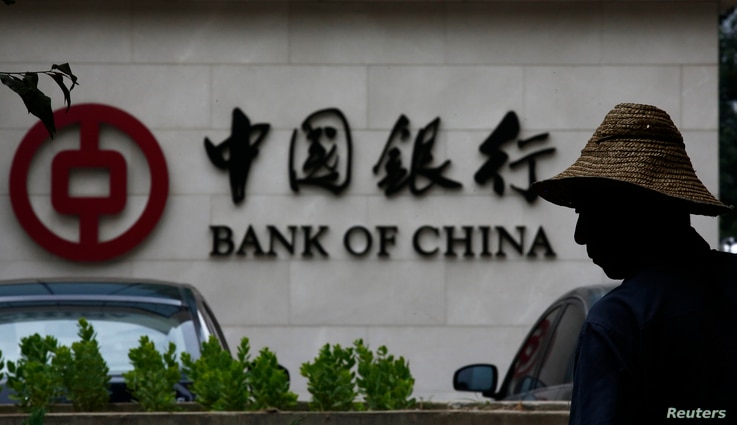
Graham Barrow, a banking expert in London, told VOA Mandarin that, in the past, international anti-money-laundering efforts focused on Central and Eastern Europe as well as the former Soviet republics.
Barrow said, “I think what we’re seeing is a very significant underground banking system and other processes that are designed to move” some of the profits generated by “what has become quite a capitalist society still operating within the communist regime. And they are sheltering their funds outside of China, and I think that’s become a big issue.”
According to the U.S. State Department’s 2020 International Narcotics Control Strategy Report, “Chinese authorities continue to identify new money-laundering methods, including illegal fundraising activity; cross-border telecommunications fraud; weapons of mass destruction, proliferation and other illicit financial activity linked to North Korea; and corruption in the banking, securities and transportation sectors.”
The report continues, “Criminal proceeds are generally laundered via bulk cash smuggling, TBML, shell companies, invoice manipulation, high-value asset purchases, investing illicit funds in lawful sectors, gaming, and exploiting formal and underground financial systems and third-party payment systems.” TBML refers to trade-based money laundering, which includes misrepresenting the price, quantity or type of goods in trade transactions.
Gao Guangjun, a New York lawyer familiar with the operation of China’s Ministry of Public Security, told VOA that money laundering in China sometimes involves bribing Chinese government officials.
“These people move funds in the name of national security, which can’t be detected by the banking system,” he said. “In China, people who run underground banks could be gangsters or government officials. If you give them Chinese currency in China, you can receive your cash immediately in the United States, or elsewhere.”
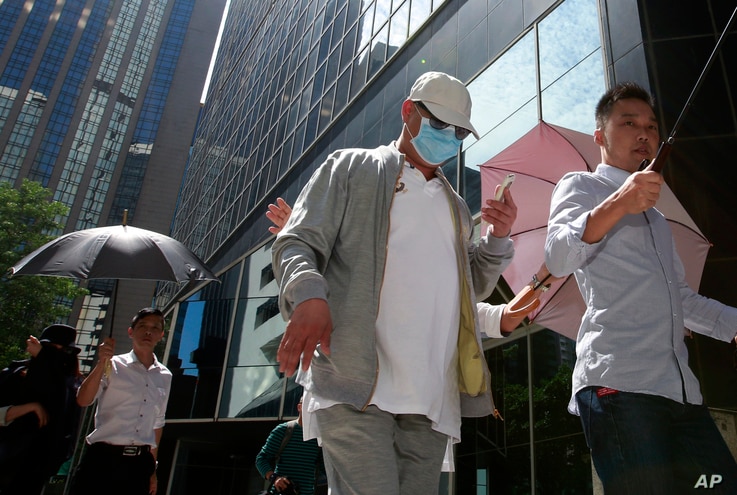
Another way to launder money is using expensive luxury goods. In countries such as China, where bribing government officials to secure government contracts or licenses is not uncommon, luxury goods are often used instead of direct monetary payments. It is more difficult to trace the gifting of a handbag or watch than it is to track a financial transaction.
Illegal funds are shipped overseas from China in the form of luxury goods, which are then sold for cash that flows into the legitimate economy. Underground banks in China are often involved in this kind of washing.
Another method favored by some Chinese individuals is to create companies in the United Kingdom and in America that are effectively doppelgangers, according to Barrow. He said about 30,000 companies in the U.K. have been identified as incorporated on behalf of Chinese individuals. These dormant companies each have the same name as Chinese companies, which can confuse financial institutions.
“If I open a company in the U.K., the company has exactly the same name as my Chinese company. When I open an account in Hong Kong, I use the name of the British company. But for banks, it is difficult for them to distinguish the funds they have entered. Is it from my Chinese company or a British company?” he said. “And once the funds arrive in Hong Kong, it is easier to transfer funds, because this is an important financial center.”
The laundering occurs when one of these shell companies appears to make a profit, which is the dirty money, and those funds are paid out as salary, business expenses or investment in a legitimate endeavor.
Openly hiding
The Chinese Communist Party (CCP), which presides over the world’s second-largest economy, “routinely hides behind shell companies to exploit the global financial system in pursuit of geopolitical objectives,” according to Sibley’s article. These shell companies fuel the CCP’s “misrule and facilitate a broad range of threats to U.S. security, prosperity and values.”
All 50 U.S. states require more personal information from someone trying to obtain a library card than they do from anyone setting up a company, according to a recent study by Global Financial Integrity, which tracks illegal financial flows.
The Defense Authorization Act’s required investigation and report would look into the extent and effect of illicit finance risk related to the Chinese government and Chinese companies, including financial institutions; illicit finance risks emanating from China; and whether such risks have been enabled directly or indirectly by the Chinese government through weak regulatory oversight.
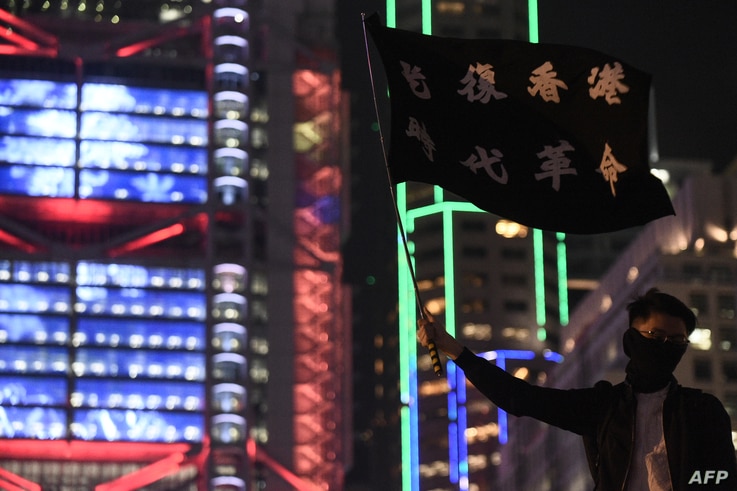
Stricter oversight
China itself is cracking down on money laundering within its borders. In the first six months of 2020, the People’s Bank of China issued fines of more than $53.9 million to Chinese financial institutions that violated money-laundering laws, more than the total issued in 2019.
The sharp increase in punishment reflects the Chinese government’s get-tough attitude. Previously, financial institutions would be punished only once, no matter how many rules they violated.
For example, in 2018, there were only 47 money-laundering cases in China, involving 52 people. Barrow said that number failed to reflect the scope of the problem.
A year later, a report by the Financial Action Task Force, the world’s leading intergovernmental organization to battle money laundering, said China imposed too few penalties on money laundering.
“There’s probably a recognition if China wants to take a place within the global financial community, it absolutely has to do something like that,” Barrow said, “because those FATF reviews affect lots of its ability to walk the corridors of power effectively.”
Gao said the current tough regulations focus on ordinary people rather than senior government officials who continue to get away with money laundering.
Adrianna Zhang contributed to this report from the VOA Mandarin Service.
